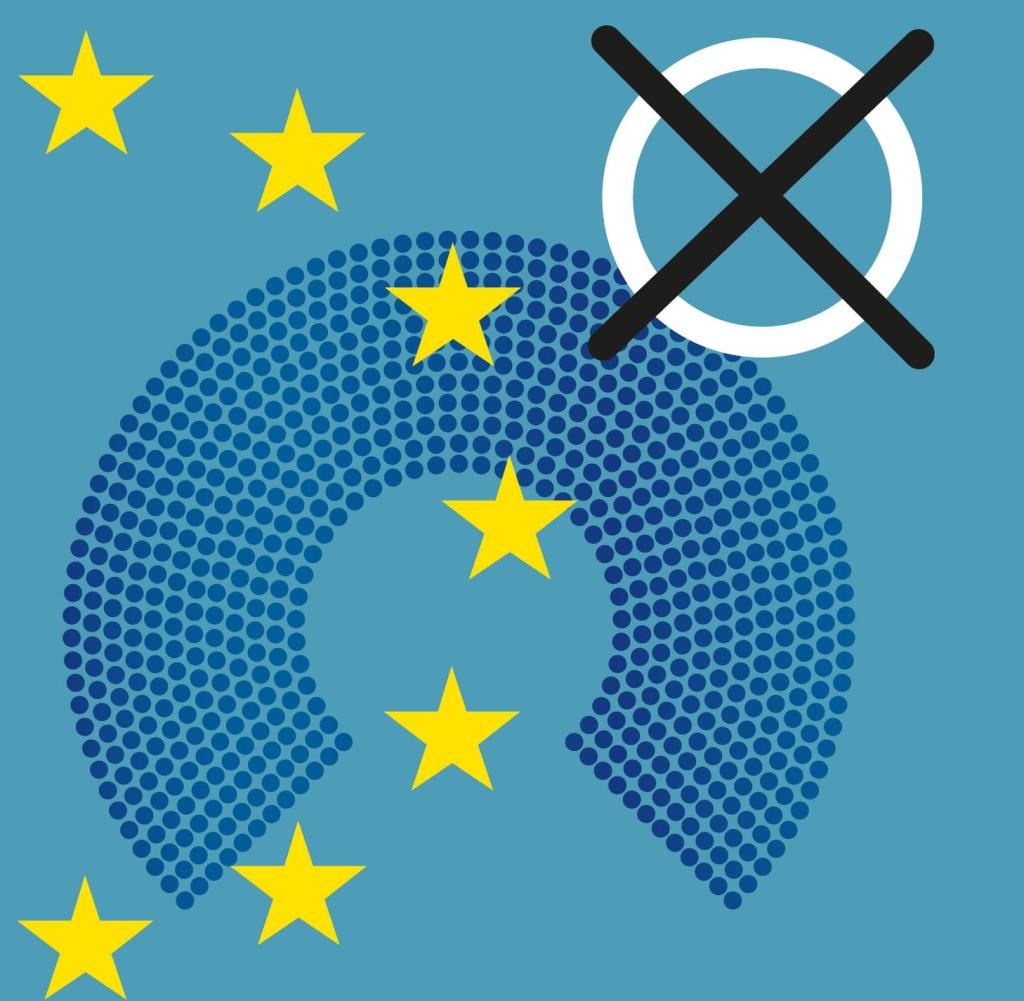From Thursday to Sunday, the citizens of the European Union will elect a new parliament. The key issues in the 2024 European elections are economic stability, dealing with migration, climate and environmental protection, security and defense, and also democracy and the rule of law within the EU.
In the polls in Germany, the CDU and CSU are in the lead. The SPD and AfD are likely to fight for second and third place. In other EU countries, however, the voting intentions of citizens are different. In polls in France and Italy, for example, right-wing populist parties are in the lead.
WELT’s partner medium “Politico” uses national surveys on the European elections to determine an EU-wide trend – the “Poll of Polls” – and the resulting possible distribution of seats in the European Parliament. If the institutes do not conduct a survey on the European elections, “Politico” uses surveys on the national parliaments.
In the “Poll of Polls”, the European People’s Party (EPP), which also includes the CDU and CSU, is the strongest force, as it was in 2019. It could win 170 of the 720 seats in the EU Parliament. The second strongest party family could once again be the Alliance of Socialists and Democrats (S
The liberals of the Renew Europe (RE) group are expected to have 75 seats in the “Poll of Polls”. This group includes the Renaissance party of French President Emmanuel Macron and the FDP as well as the Free Voters. Renew Europe won 102 seats in 2019 and could therefore become an election loser.
The right-wing and right-wing populist parties in the European Parliament are currently divided into two groups: the European Conservatives and Reformists (ECR), which has 76 seats in the “Poll of Polls”, and the “Identity and Democracy” (ID) group, which, after the AfD was thrown out, is now only expected to have 68 seats despite gains in France. However, it is unclear to what extent the current ECR and ID groups will survive or whether right-wing populists in Italy (previously ECR) and France (previously ID) will forge an alliance.
In the “Poll of Polls”, non-affiliated parties, including the AfD, have so far achieved 59 seats, while completely new parties in parliament have achieved another 57 seats. However, some of them could join other factions after the election or form new factions, as this would involve additional speaking time and financial resources.
On the left side of the party spectrum are the Greens/European Free Alliance (Greens/EFA). According to the “Poll of Polls”, they could expect 41 seats. This would make the green parties, which won 74 seats in 2019, another election loser. The smallest group in the European Parliament could once again be the Left (GUE/NGL). In the “Poll of Polls”, they are expected to win 32 seats.
A total of 720 MPs will be elected. That is fewer than in the 2019 election, when Great Britain was still a member of the EU. With Brexit, the number of MPs fell from 751 to 705. Now 15 additional mandates will be awarded. The procedure is laid down in the European treaties. The minimum number of seats per country is six, the maximum is 96.




